



The ILO’s report, The State of Social Justice, warns that declining trust and persistent inequality threaten social justice and democratic legitimacy. Despite reduced extreme poverty, 71% of earnings depend on birth, and 58% of workers face informality. It urges a renewed social contract and Fair Transition policies for inclusive, decent work.
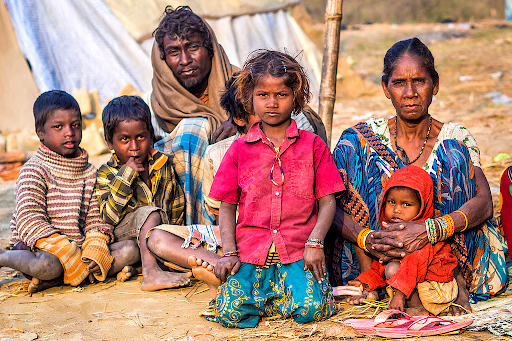
Copyright infringement not intended
Picture Courtesy: DOWNTOEARTH
The International Labour Organization (ILO) has released a report, "The state of social justice: A work in progress".
The ILO defines social justice as the principle that every individual, regardless of their background, has the right to pursue their material and spiritual well-being in an environment of freedom, dignity, economic security, and equal opportunity.
The report is built upon four key pillars that form the foundation of this vision:
Areas of Progress (1995-2025)
Challenges and Alarming Trends
The ILO warns that three major transformations are reshaping the world of work and could deepen existing inequalities if not managed with a focus on social justice.
Environmental Transition
Shift to a green economy poses significant risks for workers in carbon-intensive sectors (like coal mining and thermal power). Without "just transition" policies that focus on reskilling and social safety nets, millions could be left behind.
Digital Transformation
Rapid advancement of AI and automation threatens to create a "digital divide," exacerbating inequalities between those with access to modern skills and technology and those without.
Demographic Shifts
Ageing populations in developed countries and massive youth bubbles in developing regions will place huge pressure on labour markets and social protection systems.
Inequality Challenge
India is one of the world's most unequal countries. The "lottery of birth" is relevant, due to the impact of caste, gender, and regional disparities on life outcomes.
Informal Economy
With nearly 90% of the workforce in the informal sector, India is at the epicenter of the challenge identified by the ILO. Bringing these workers into the formal economy with social security is a primary policy goal.
Gender Gap
India's female labour force participation rate (41.7% in 2023-24) is among the lowest in the world, reflecting the deep-seated structural and cultural barriers that the ILO report highlights.
Demographic Dividend vs Challenge
India's youth bulge is a massive opportunity, but only if the country can create enough decent jobs and provide relevant skills—a challenge highlighted by the report's warning on demographic shifts.
Imperative of a "Just Transition"
As India pushes to expand its renewable energy capacity, ensuring a just transition for the millions of workers and communities dependent on the coal industry is a critical and immediate policy challenge.
Integrate Social Justice in All Policies: Social justice must be a core consideration not just in labour policy, but also in finance, industry, climate, and health policies.
Tackle Unequal Access: Implement policies that directly address unequal access to opportunities, resources, and education.
Invest in People: Prioritize investments in skills training, social protection systems, and active labour market policies to help workers navigate the ongoing transitions.
Ensure Fair Redistribution: Strengthen mechanisms like progressive taxation, social protection floors, and robust wage-setting systems to ensure economic gains are shared more fairly.
Strengthen International Cooperation: Enhance cooperation across borders to manage global challenges like climate change and digital transformation coherently and equitably.
The ILO’s report warns that inequality and informality threaten social justice, urging a renewed social contract and Fair Transition policies to ensure decent, inclusive work globally.
Source: DOWNTOEARTH
|
PRACTICE QUESTION Q. Declining public trust in institutions is both a cause and a consequence of growing global inequality. Critically Analyze. 250 words |
The ILO is a specialized agency of the United Nations that is dedicated to promoting social justice and internationally recognized human and labour rights. It was founded in 1919 with the mission to ensure universal and lasting peace through social justice.
The core mission of the ILO is to promote "decent work" for all people. Decent work involves opportunities for productive, fair, and secure work that provides social protection and allows workers to express their concerns and organize.
The ILO is the only tripartite U.N. agency, meaning it brings together representatives from three key groups in its decision-making process: governments, employers, and workers from its 187 member states. This unique structure ensures that the views of all "social partners" are represented in the development of international labour standards and policies.

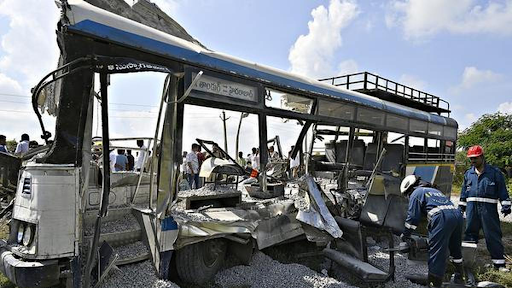
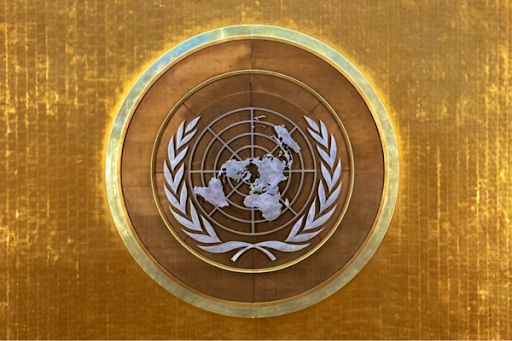
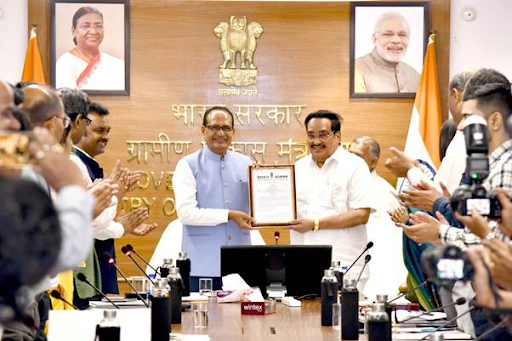
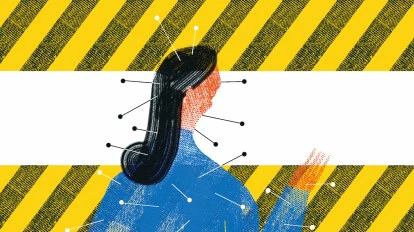
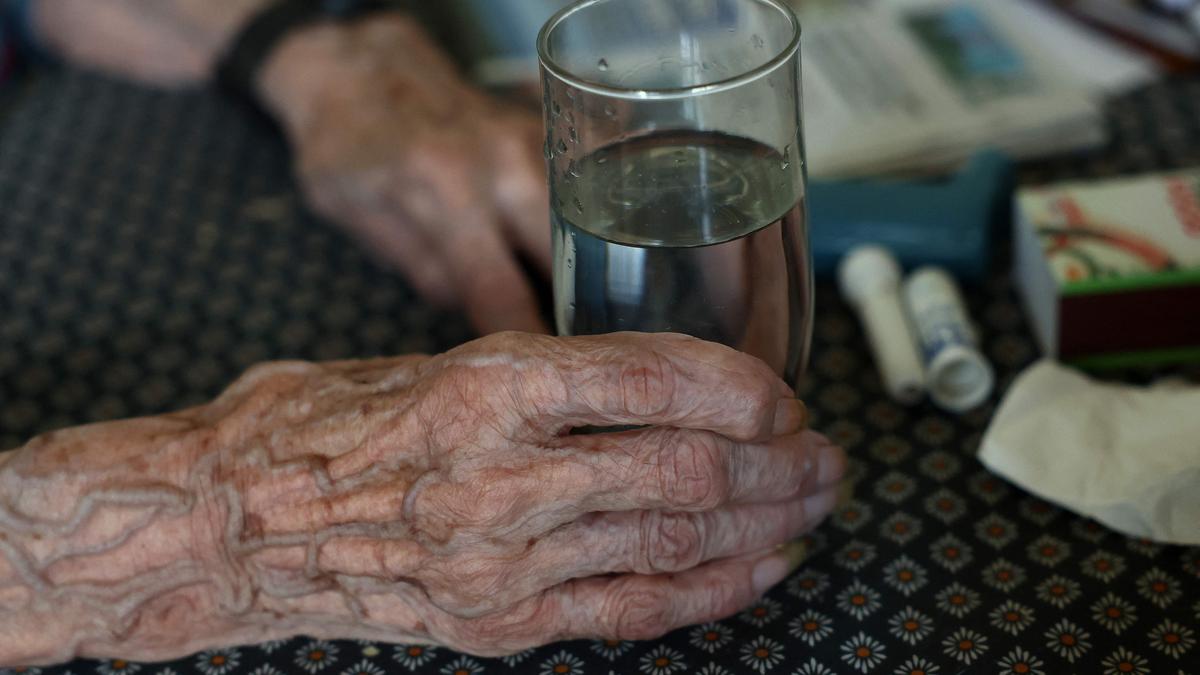

© 2026 iasgyan. All right reserved